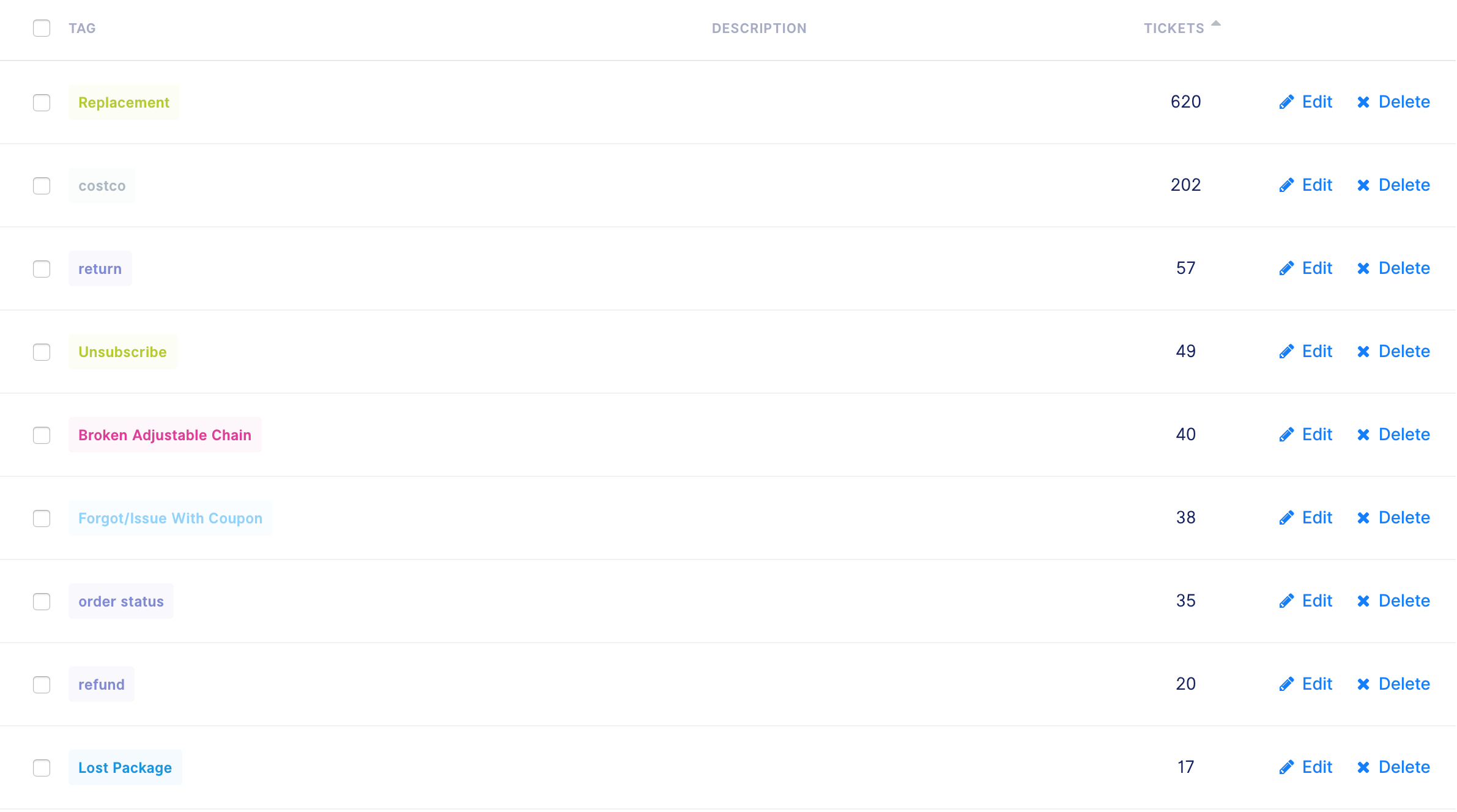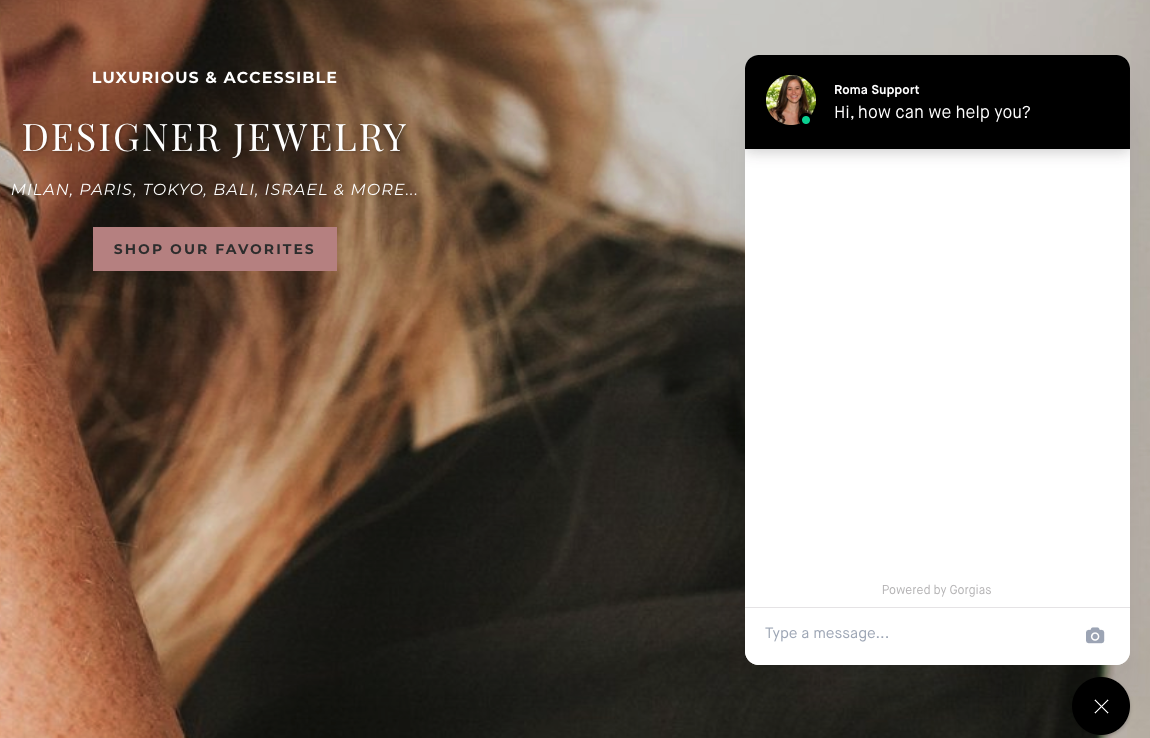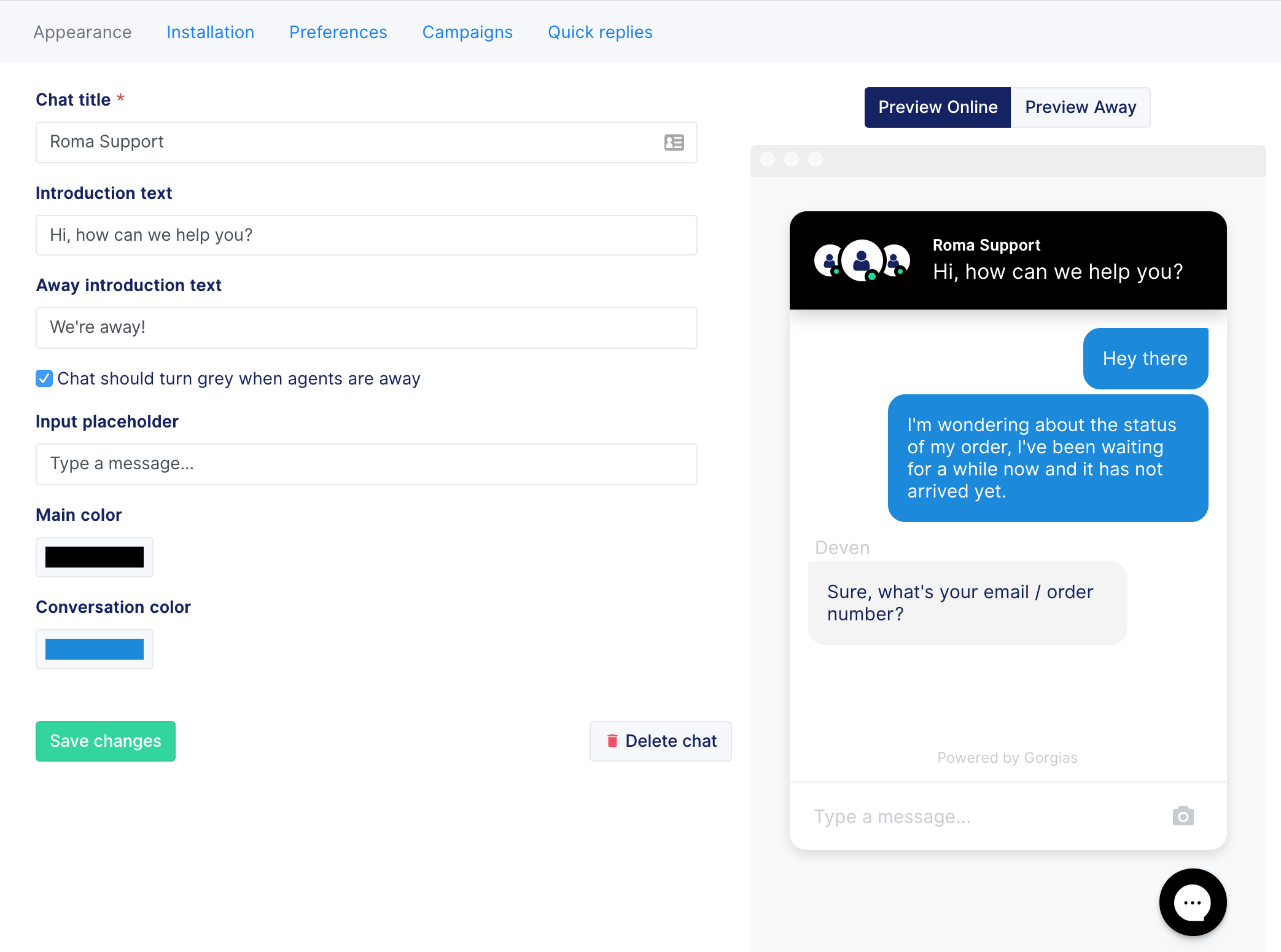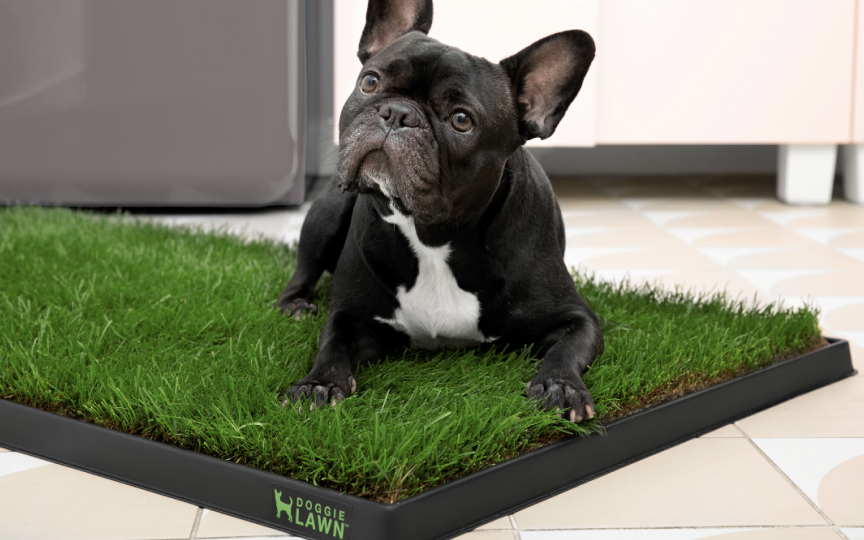
How Roma automates their ticket resolution and reduces their response time by 50%
CHALLENGE: Replicate personalized and instant offline communication with online customers.
SOLUTION: Using Gorgias live chat feature and Shopify variables in macros.
Company Overview
Roma Designer Jewelry is non-traditional jewelry brand, whose philosophy is to bring luxurious but accessible jewelry all over the world. Selling adjustable necklaces, pendants, earrings, bracelets and rings, the brand has manufactured and sold over one million pieces worldwide over the last decade. Their secret behind high quality and accessible items? Selling directly to the customer, avoiding the "middle man" markup, and cultivating relationships with multi-generational jeweler families in the most respected fashion centers in the world: Milan, Paris, Tokyo, Israel and Bali.
“We absolutely love Gorgias! It has changed the way that we have done Customer Service. We love the macros, and love that we can get through all our emails faster. It saves us so much time and effort when taking care of countless customers.”
- Deven Davis, Chief Marketing Officer

Challenge
The company was created 10 years ago and started brick and mortar, with the vision to deliver timeless and premium jewelry at common-sense prices. Behind the scenes, the brand relies on its two co-founders: David and Becky Callister, who were both passionate about craftsmanship, fashion and style from their earliest years.
In 2008, they decided to create their own brand, with the idea to bring back craft into the fashion jewelry market. They first started to sell offline, through the Costco Special Events program, with a growing team of full-time Sales Representatives traveling around the U.S. to advocate for the brand. Today, they have a team of 25 sales reps who do more than 500 Costco pop-up shows annually in the United States.
It was working well, customers were delighted, and Roma started building a strong brand image. However, while the brand awareness and traction was growing, customers started to look for the brand online but could not find it. And that's how Roma decided to create its own online store, both to satisfy the growing online demand, but also to stand even closer to its customers. When you sell online, you skip wholesalers and you can cut markups, which was a 100% consistent with Roma's vision.

But that's the point. Selling online is different from selling offline. Roma quickly faced marketing challenges in terms of online branding. And what about online customers? Roma realized that they (potential) customers are not the same at trade shows and behind their screen. Emails, Facebook and Instagram comments, Google reviews etc. started to become overwhelming for Roma's team, especially because online sales were increasing faster than expected. Today, about 30% of the business happens online and most of the online growth has been supported by their flagship product: the Italian-made adjustable chain.
Shopify + Gorgias was the right combo to make the online transition
The first step for Roma was to find the most suitable platform to sell online. After a short hesitation between WooCommerce and Shopify, they decided to go with the most intuitive and powerful one: Shopify. Deven, Roma's CMO, started building the website by himself. Then they found Gorgias as the best way to handle support, because the Shopify integration did not exist at Zendesk or at any other "classic" helpdesk solutions.
In July 2018, Deven signed up at Gorgias. And he quickly understood that the app could give him the ability to scale the online part of the business, while ensuring high-quality support thanks to customizable macros and tagging system.

Gorgias Live Chat feature to replicate the offline instant communication
Remember Roma's philosophy? Being as close as possible to their customers! Gorgias, with its all-in-one feature, was definitely the right tool. Customers are contacting you through social media? Then integrate Facebook & Instagram comments and Messenger chat. Website visitors want instant responses like they have at the Costco Trade Shows? Then install Gorgias live chat feature and start automating some common questions thanks to the rules system.
As said earlier, the whole brick and mortar strategy is based on a Sales Rep Team at Costco pop-up events, whose goal is to talk and interact with warehouse visitors and give them a hands-on look at the jewelry and answer any questions they might have. Deven figured out that the live chat feature was a way to duplicate that "in-person" experience online and to ensure the same level of salesmanship to website visitors. Deven is now in the process of setting up targeted chat campaigns (consistent pop-up messages) to improve the customer online journey.


Another thing that the Roma team enjoy about Gorgias is the integration with all the other apps they use, and that's another reason why they decided to go with Gorgias instead of its competitors. Shopify, of course, but also Smile, Yotpo and Swell. Everything pulled in together gives a complete overview of customers, thanks to the right sidebar that displays customers' information from any other app you've connected to the platform. Deven will soon integrate his phone system into Gorgias as well, thanks to the Ottspott integration.
Also, Roma is working closely with Simplr, a 24/7 sales and customer service support team on demand, which is one of Gorgias partner. Working both with Simplr and Gorgias seems to be the right combo to guarantee high quality customer support for the company.
Lastly, Roma has been using Gorgias as a guide to train its new employees. The macros that Roma's team has created in Gorgias are indeed a rich source of knowledge in terms of pricing policy, return policy, exchange policy etc. Also, Roma has macros for frequently asked questions about the products themselves so new employees can learn about the materials and colors used in the product range by browsing macros in the Gorgias help desk.
We just hired a new customer support employee two weeks ago. I literally did all the training using macros. I would say to our new employee: "Here's the customer's ticket, you can find the appropriate macro". Macros help for self training.
Results
To conclude, moving to Gorgias has been a great success for Roma. The first response time has been reduced by 50% as they are able to streamline tickets with tags and reply with macros. Macros and automated responses account for more than 30% of ticket resolutions, without losing personalization, thanks to customizable macros that include Shopify variables.
How other brands are growing with Gorgias
Please update or reset all




.avif)



